Ruto, Raila Intervene as Sakaja Escapes Impeachment Storm, MCAs Face Threats
)
Nairobi Governor Johnson Sakaja is currently embroiled in an impeachment attempt initiated by Kileleshwa MCA Robert Alai and a coalition of Nairobi MCAs. Alai launched a scathing attack, accusing Governor Sakaja of presiding over a "collapsing capital city government" and announcing the commencement of an impeachment process against him. The root of Nairobi’s problems, according to Alai, lies in a fundamental failure of leadership at the highest level, citing instances where attempts to highlight issues were met with excuses and an unwillingness to engage from the governor.
The accusations against Governor Sakaja are wide-ranging, encompassing failures in basic service delivery such as uncollected garbage and deteriorating infrastructure. Alai asserted that Nairobi residents were not receiving value for their taxes and rates. Furthermore, Sakaja was accused of undermining public health by allegedly privatizing key functions of the county government, including vaccinations and food safety certificates, and neglecting public hospitals. Businesses in the city were also reportedly suffering under his watch.
The impeachment motion quickly gained momentum within the Nairobi County Assembly. Alai revealed that over 20 charges had been drawn up against Sakaja, covering everything from service delivery failures to questionable management practices. The motion surpassed the minimum threshold of 42 signatures within minutes and aimed for 100 signatures to demonstrate overwhelming support. Alai stressed that this initiative was strictly member-driven, free from the influence of contractors, private individuals, or external political forces, describing it as a "whole-house initiative" with a rare unity among MCAs in demanding accountability.
However, the impeachment process was temporarily halted following significant interventions from national political figures. President William Ruto and ODM leader Raila Odinga both stepped in, after MCAs from both the ruling UDA party and the opposition ODM party had united to oust the governor. The MCAs’ grievances included being sidelined in key decisions, lack of consultation on development projects, and concerns regarding the allocation and use of the ward development fund and student bursaries.
President Ruto held meetings with UDA MCAs, urging them to collaborate with Governor Sakaja and emphasizing that an impeachment would disrupt essential service delivery in the city. Reportedly, the President was surprised by the MCAs’ accounts of Sakaja running Nairobi as a "one-man show" and subsequently gave the governor 60 days to address their concerns. Similarly, ODM leader Raila Odinga intervened, leading his party’s ward representatives to agree to suspend their impeachment plans for a period of 30 days, during which Sakaja was reportedly given two minutes to apologize.
Following these interventions, some MCAs claimed they were coerced into shelving the ouster attempt. In response to the grievances, Governor Sakaja pledged to foster a more collaborative relationship with the county assembly, promising to involve MCAs in consultations regarding county affairs. He also provided details on fund allocations, including Sh1 billion designated for bursaries for the 2022-2023 financial year, benefiting over 119,000 students.
The decision by Ruto and Raila to intervene was also driven by high-stakes political considerations. There were fears of triggering disruptive by-election campaigns in the capital, which could destabilize Nairobi politics and create national ripple effects. Analysts also warned of a potential political showdown with former Deputy President Rigathi Gachagua, who might exploit such an outcome to reassert influence and position himself for the 2027 succession battles. Furthermore, leaders within the Kenya Kwanza–Azimio unity framework were concerned that government critics could use the crisis to undermine the broad-based unity pact, portraying it as fractured and ineffective. The joint intervention underscored the delicate balancing act both leaders are performing to maintain Nairobi’s political stability while managing national alliances and the evolving 2027 political landscape.
Despite the temporary halt, MCAs from both political divides have insisted that the impeachment motion has not been withdrawn and that Governor Sakaja is "not yet off the hook." Nairobi MPs, including George Aladwa, Beatrice Elachi, and Phelix Odiwuor, have challenged Sakaja to deliver tangible results to city residents and involve MCAs to meet the raised demands, emphasizing the urgency before the next election. The coming weeks will be crucial in determining whether the truce holds and if the governor’s promises of a more inclusive approach will be sufficient to quell the ongoing dissent within the county assembly.
Recommended Articles
Impeachment Showdown: Governor Mutai Fights For Political Survival
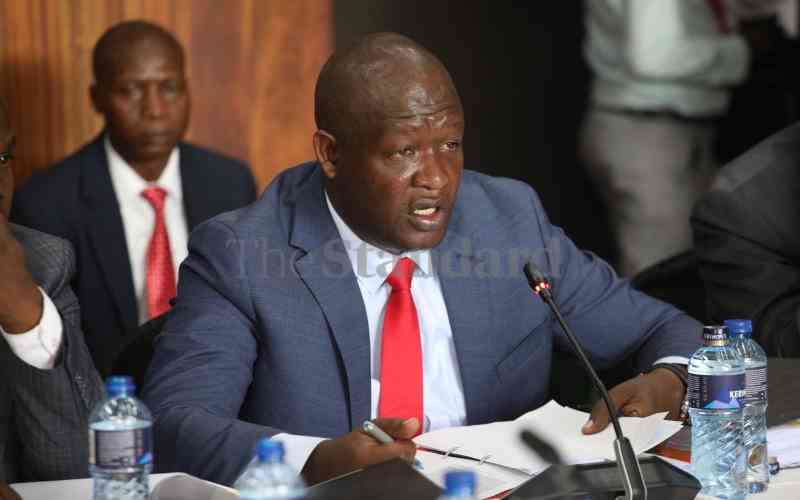
Kericho Governor Erick Mutai faces a critical Senate vote on his impeachment, following an independent audit that valida...
High Stakes: Kericho Governor Mutai Defies Second Impeachment Bid in Political Showdown

Kericho Governor Erick Mutai has once again survived an impeachment attempt in the Senate, after a contentious trial foc...
Impeachment Drama: Mutai Cries Conspiracy After Social Media Sacking
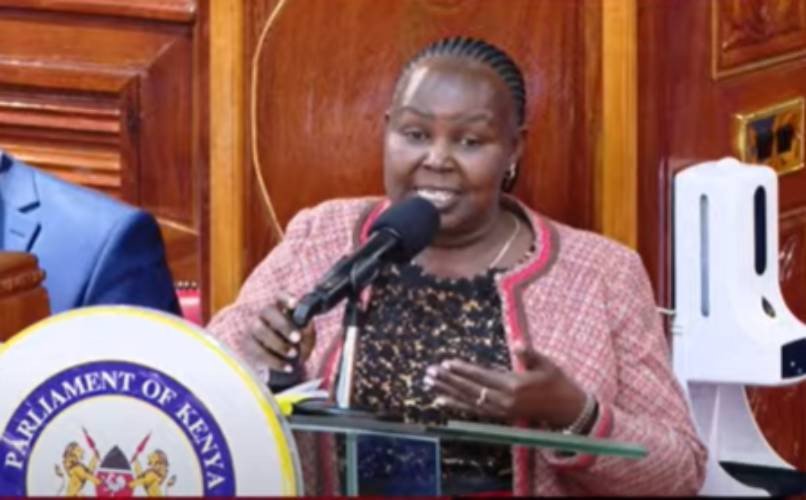
Kericho Governor Erick Mutai is undergoing an impeachment trial in the Senate, facing allegations including financial mi...
Impeachment Fury: Governor Mutai Pleads Not Guilty Amid Explosive Graft Claims
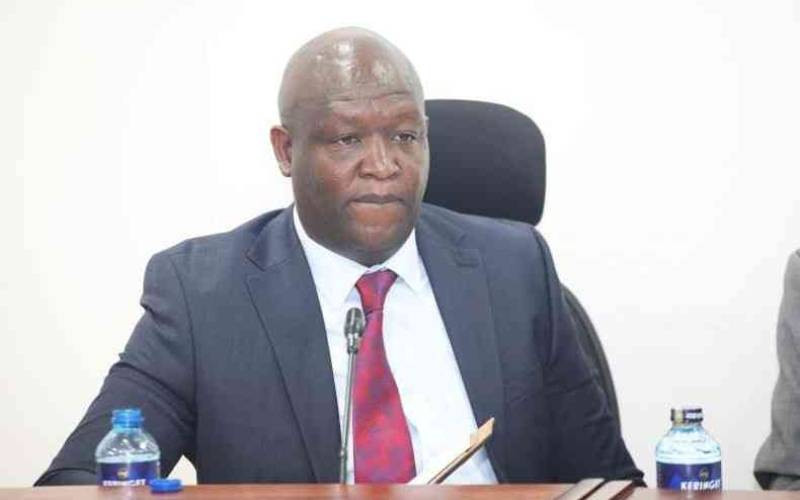
Kericho Governor Eric Mutai's impeachment trial has commenced in the Senate, where he pleaded "not guilty" to charges in...
Impeachment Showdown: Kenyan Governor Mutai Faces Uncertain Political Future
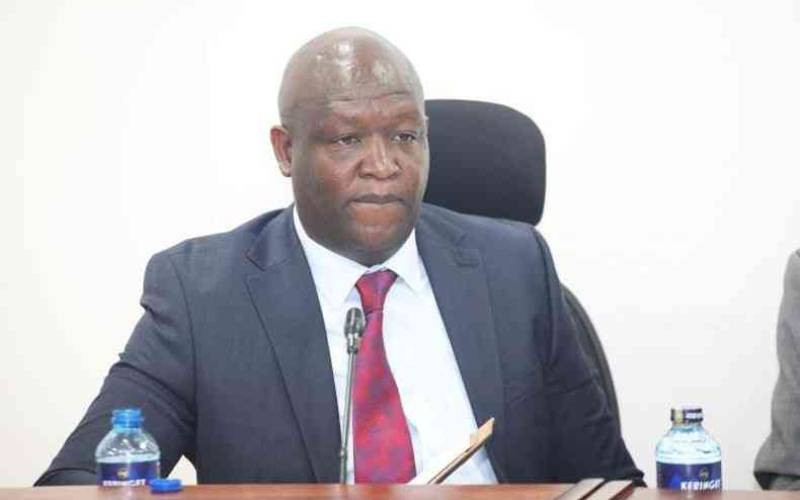
Kericho Governor Erick Mutai is set for impeachment hearings at the Senate next week, with proceedings to be conducted i...
You may also like...
7 Ways to Network Without Feeling Fake

Discover 7 practical ways to network authentically without feeling fake. Build genuine relationships, add value, and cre...
When Meat Fell From the Sky: The Bizarre Story of the Kentucky Meat Shower of 1876
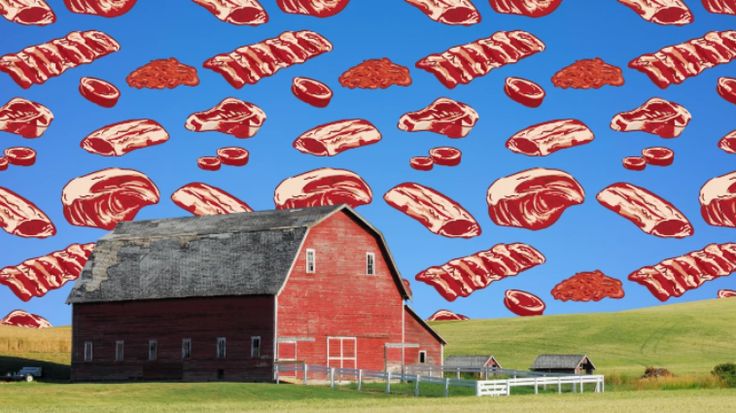
On March 3, 1876, Bath County, Kentucky, witnessed one of history’s strangest events: a shower of raw meat falling from ...
Cleanliness, Colour, and Contradictions: How Racism Warps the Hygiene Debate Between Black and White
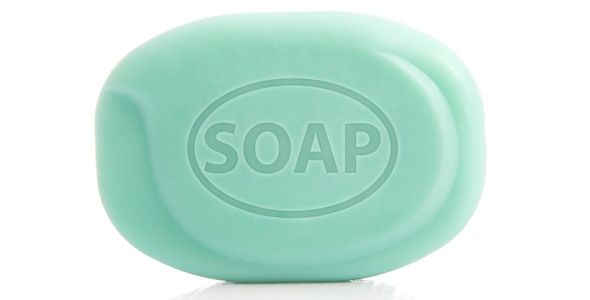
A deep dive into the cultural clash over hygiene between Black and white communities, exposing how racism has long disto...
How Social Media's Grip on African Youth is Fueling a Silent Anxiety Crisis

Social media is more than a tool for connection; for a new generation of African teens, it's a source of anxiety, body i...
How Africa's Economic Resilience and Innovation are Redefining Global Power

Africa is projected to be the world's second-fastest-growing region, but what's driving this? This article goes beyond t...
Confronting Africa's Mental Health Crisis

Mental health issues are a growing, yet overlooked, crisis in Africa. This article explores the cultural, economic, and ...
Nottingham Forest Sack Nuno, Appoint Ange Postecoglou in Bold Tactical Shift

Nottingham Forest has appointed Ange Postecoglou as its new manager, replacing Nuno Espirito Santo. This move signals a ...
World Cup Heartbreak: Super Eagles' Qualification Hopes Dented by South Africa Draw

The critical 2026 FIFA World Cup qualifier between South Africa and Nigeria ended in a 1-1 draw, jeopardizing Nigeria's ...